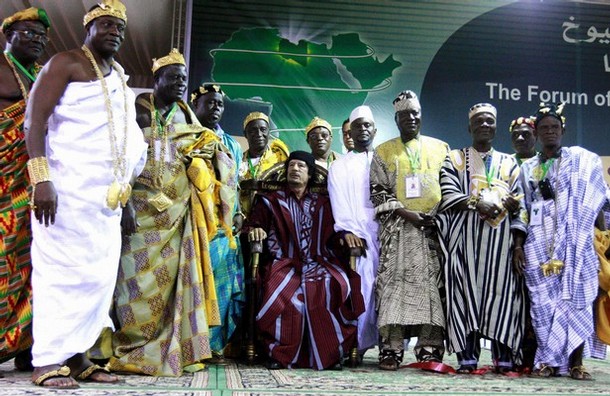
CALL it tribalism, racism, hatred, primitive tribal hangover, discrimination, or whatever fancy name you may choose but the graffiti is written all over. Be it on the private emails, on social networks like Facebook, on cellphone messages or on the faces of the people as they walk and talk.
Forget about the claims of national unity and cohesion, territorial integrity and sovereignty. These are all nothing but propaganda statements made during political rallies and are good for nothing except appeasing the cantankerous voter spirit but not to describe the truth about our nation.
What then shall we do? Should we wait and let time decide our fate and destiny? Should we start formulating programme frameworks and organisations on healing and reconciliation that will come in handy after our people have butchered each other? No we should be proactive and take measures to alleviate the problem?
Furthermore, whose interests should form the core of the intervention and course of action that will be taken? Should it be the interests of the politicians that are guided by the elitists’ concepts of national integrity and sovereignty? Should it be the interests of the international community that is marred with shifting goal of posts and a lot of gerrymandering?
I propose a few interventions that may help diffuse the problem:
- Firstly I propose a commission of ethnic relations and ethnic interests. This commission should have stipulated time frames and a well defined mandate. Its mandate should be to find out the people’s views on what their major grievances are and what they suggest should be the best way. This commission should be comprised of people from all ethnic groups in Zimbabwe. People’s views should and must be collected from all corners. The results of such a finding should be made public and also be tabled in parliament and civic fora.
- I also propose that, if the government is serious about healing and reconciliation, meaningful and honest regional considerations should be made when it comes to resource allocations. These should take into consideration the effects of historical events such as Gukurahundi and the collective developmental abortions of the past government.
- History also needs to be correctly re-written to portray the true contributions of all ethnic groups in the historical developments of this country.
- There is also need for legislative reforms to create policies and laws that recognise that we are an ethnic society which exists in various ethnic groups with specific ethnic interests. These laws should make way for people to openly and unequivocally speak on their ethnical problems, history and future aspirations without fear or intimidation. In other countries where massacres such as the Umbuqazwe occurred, it is actually a criminal offence to refute them.
- There is also need for government and civic society at large to start channelling funds to programmes and activities that promote and celebrate ethnic pride. As long as issues of ethnic history and ethnic pride remain as “closed door under-carpet dealings”, they have the propensity to spark outrage and tribal clashes.
- I also propose the formulation of a strong and unbiased language policy. This policy should mandate civil servants and all public officers to recognise and use the local language of the ethnic group they are in for the convenience and best interests of such a grouping.
Khumbulani Maphosa,[email protected]








